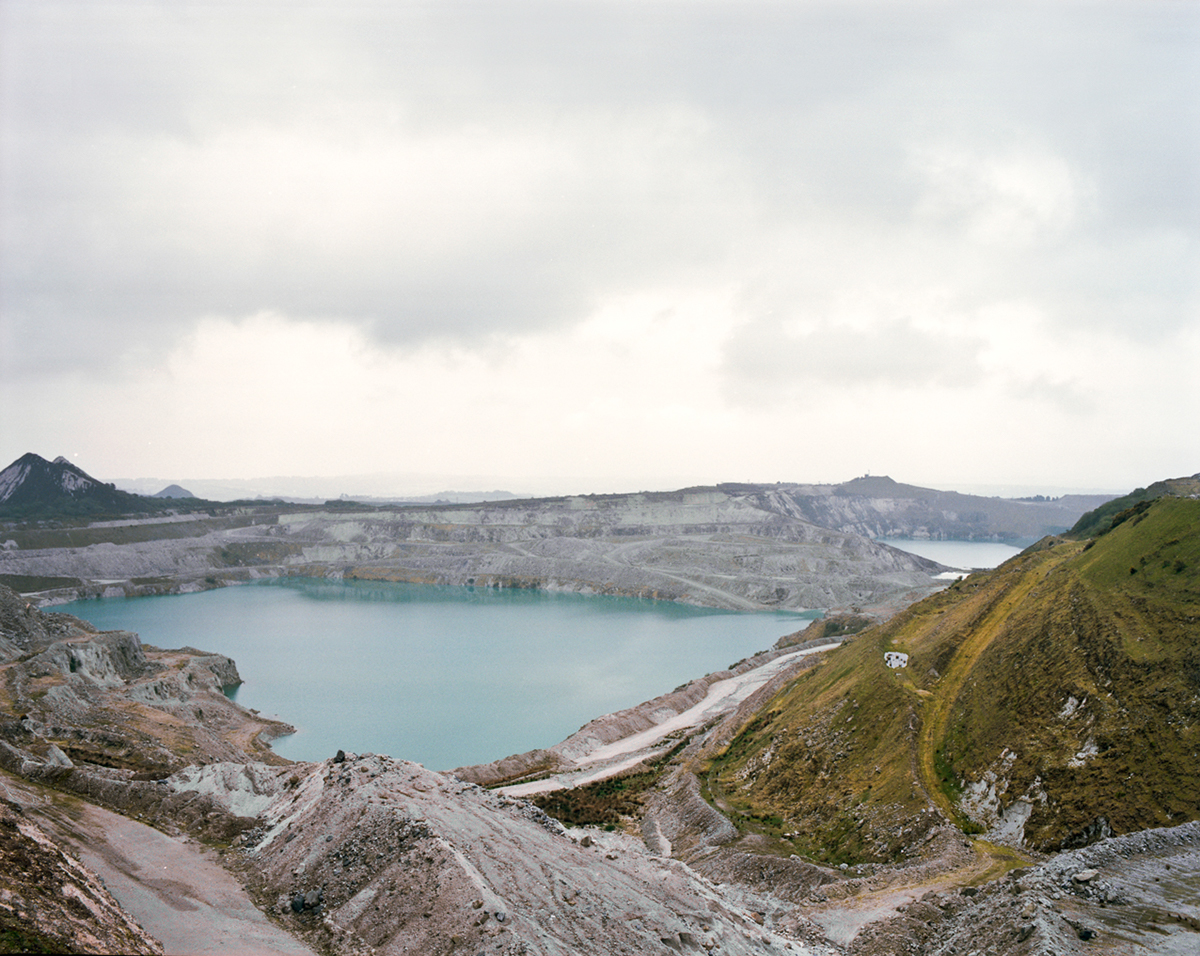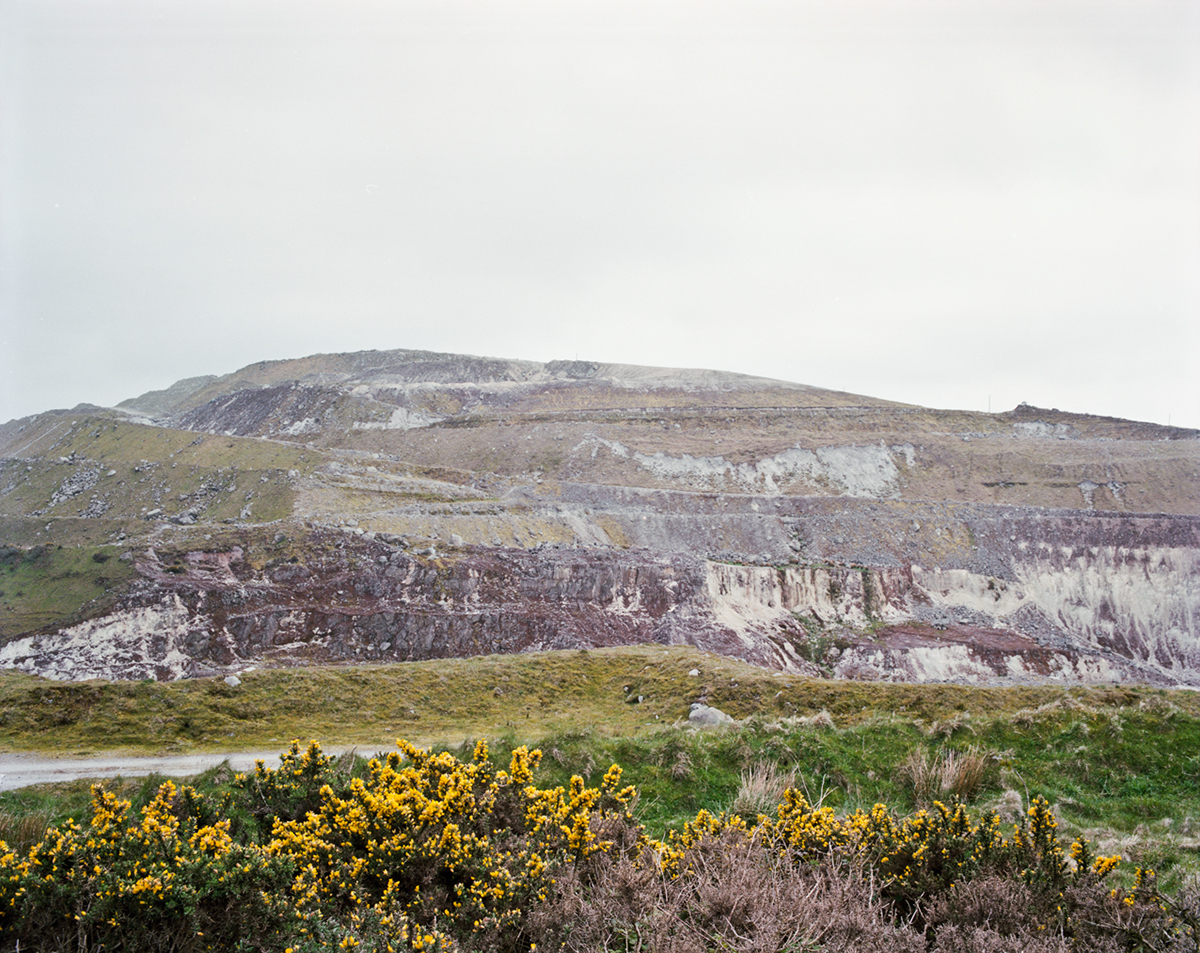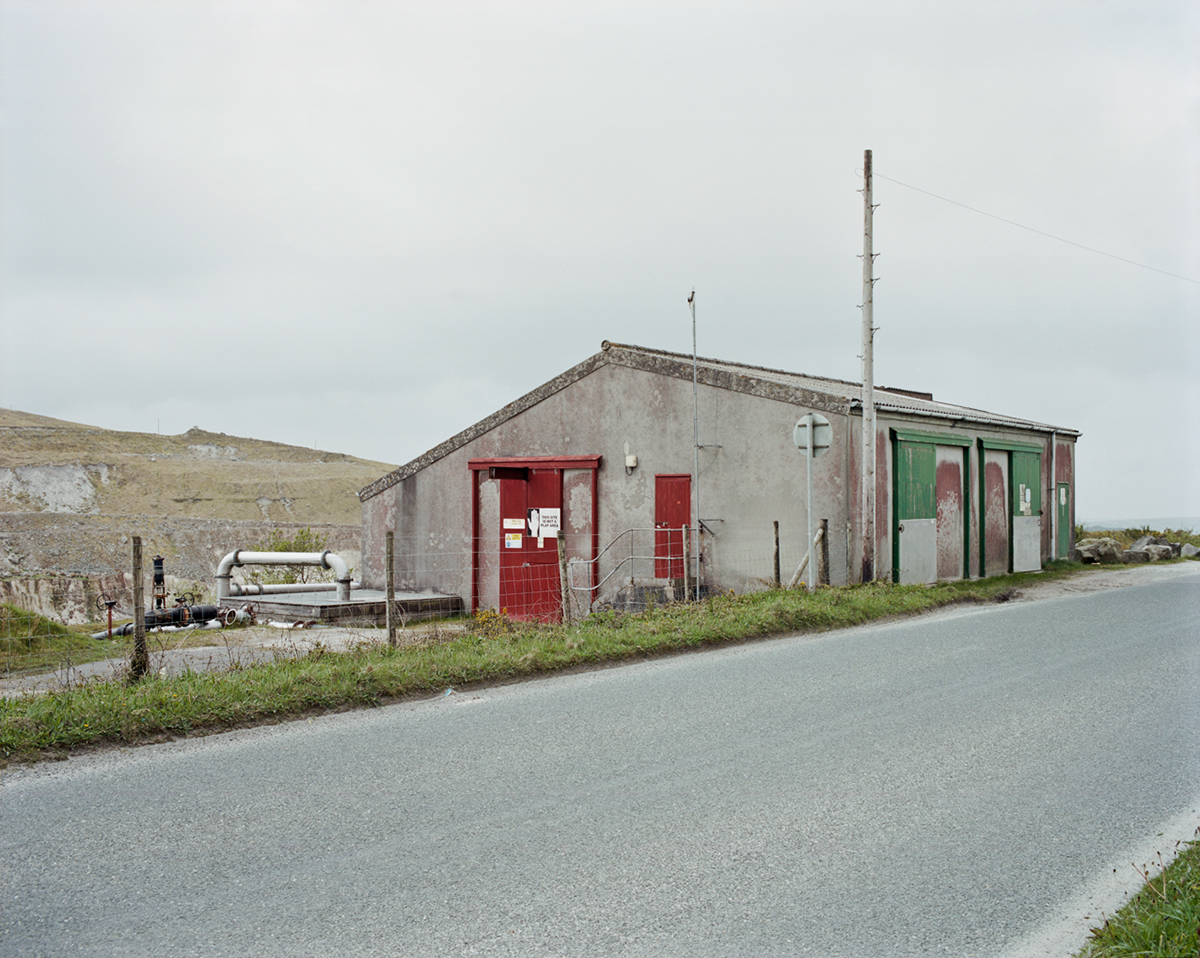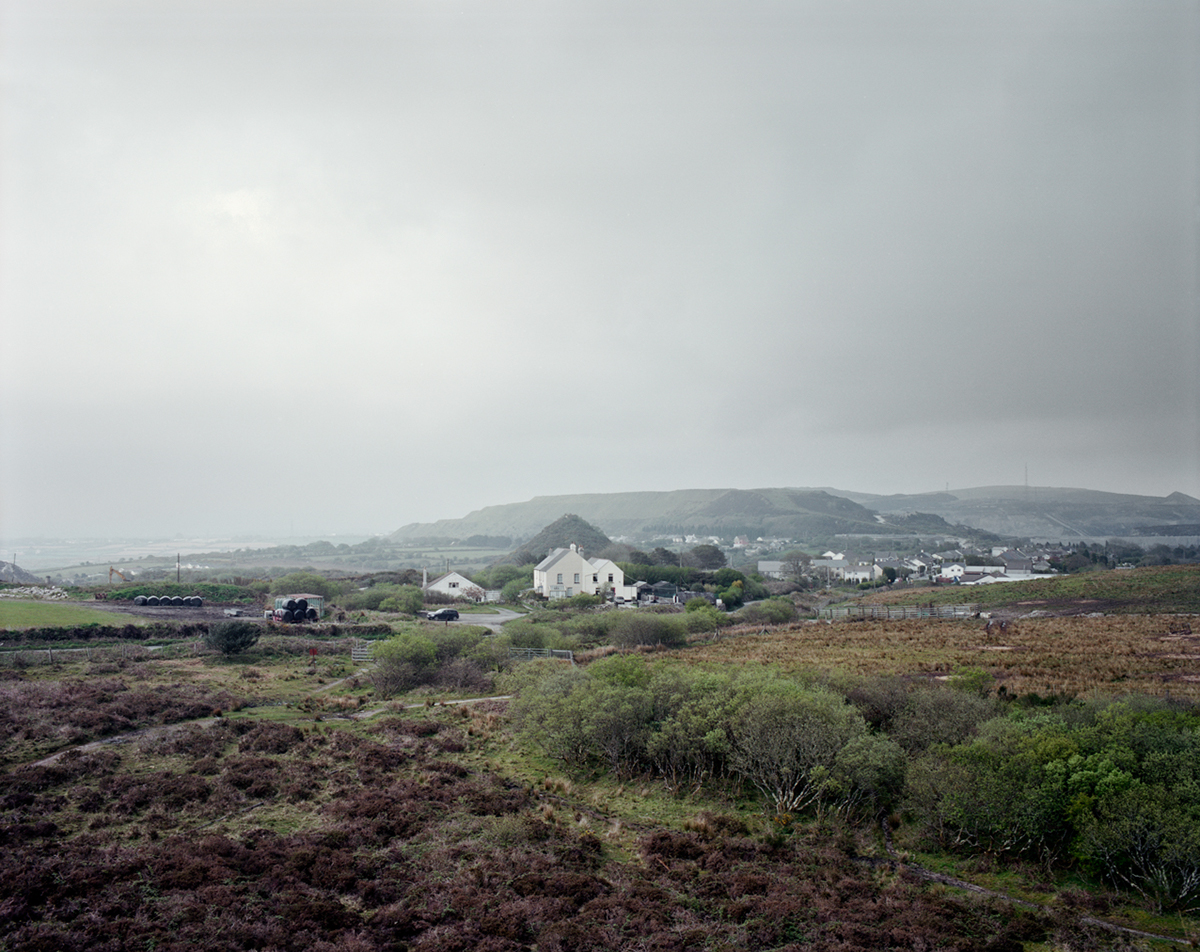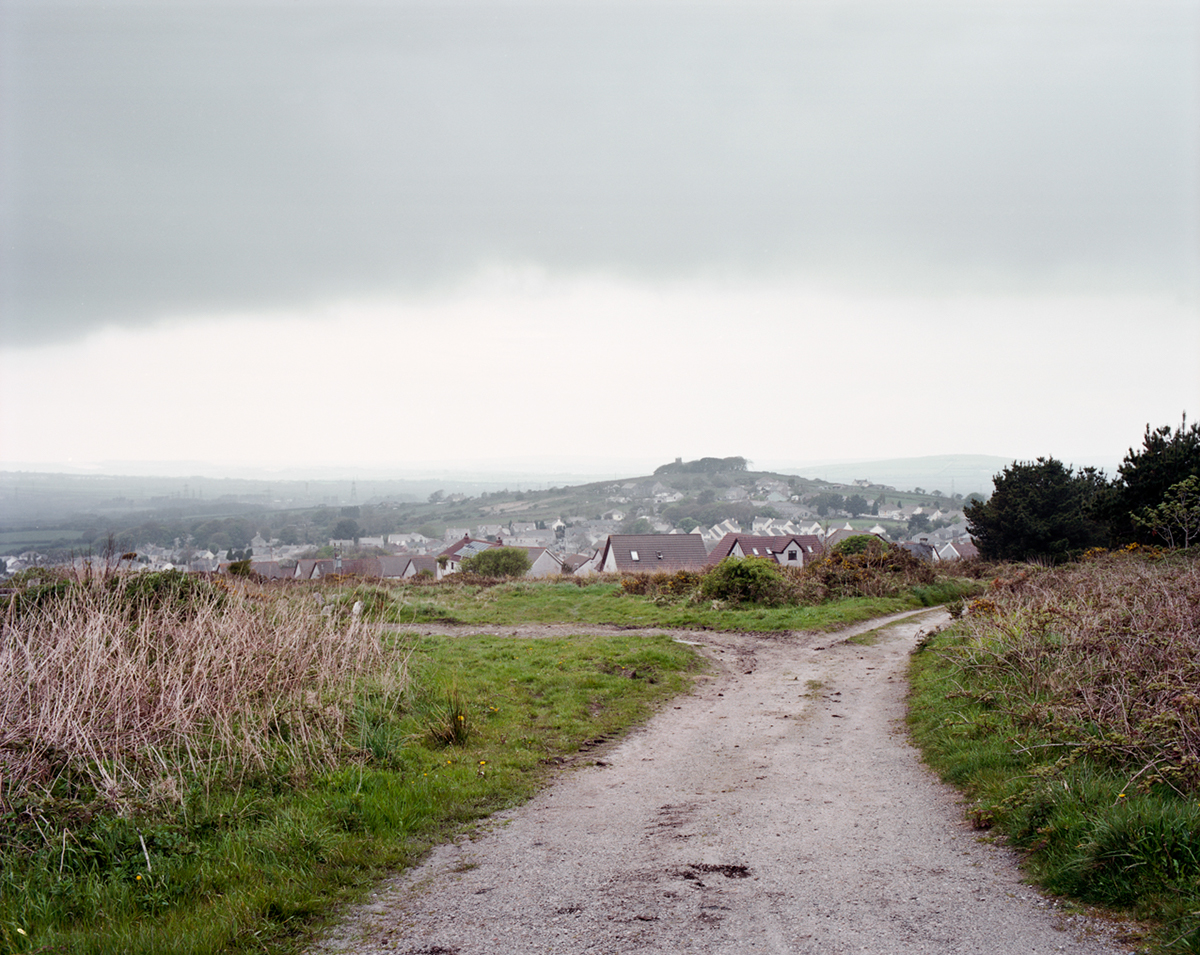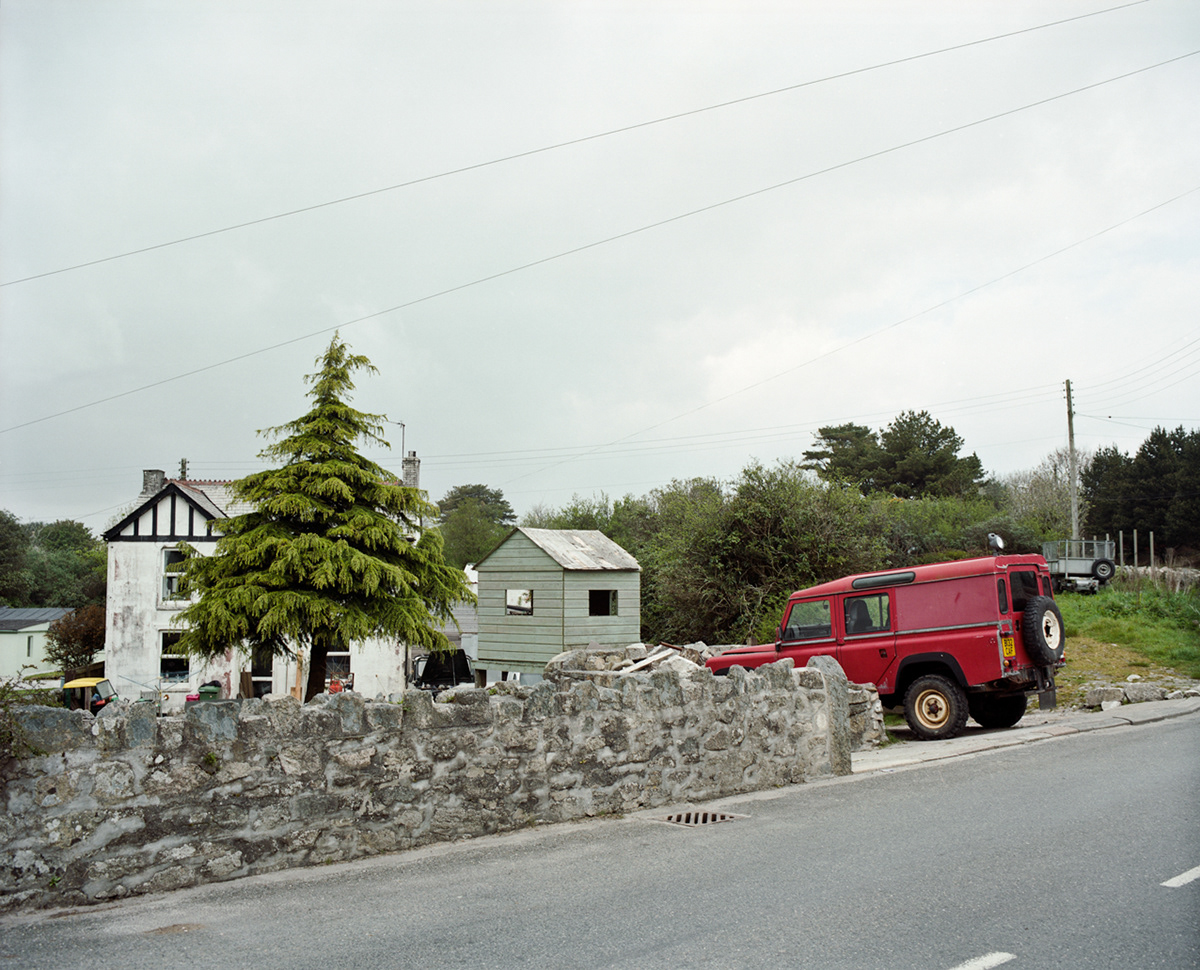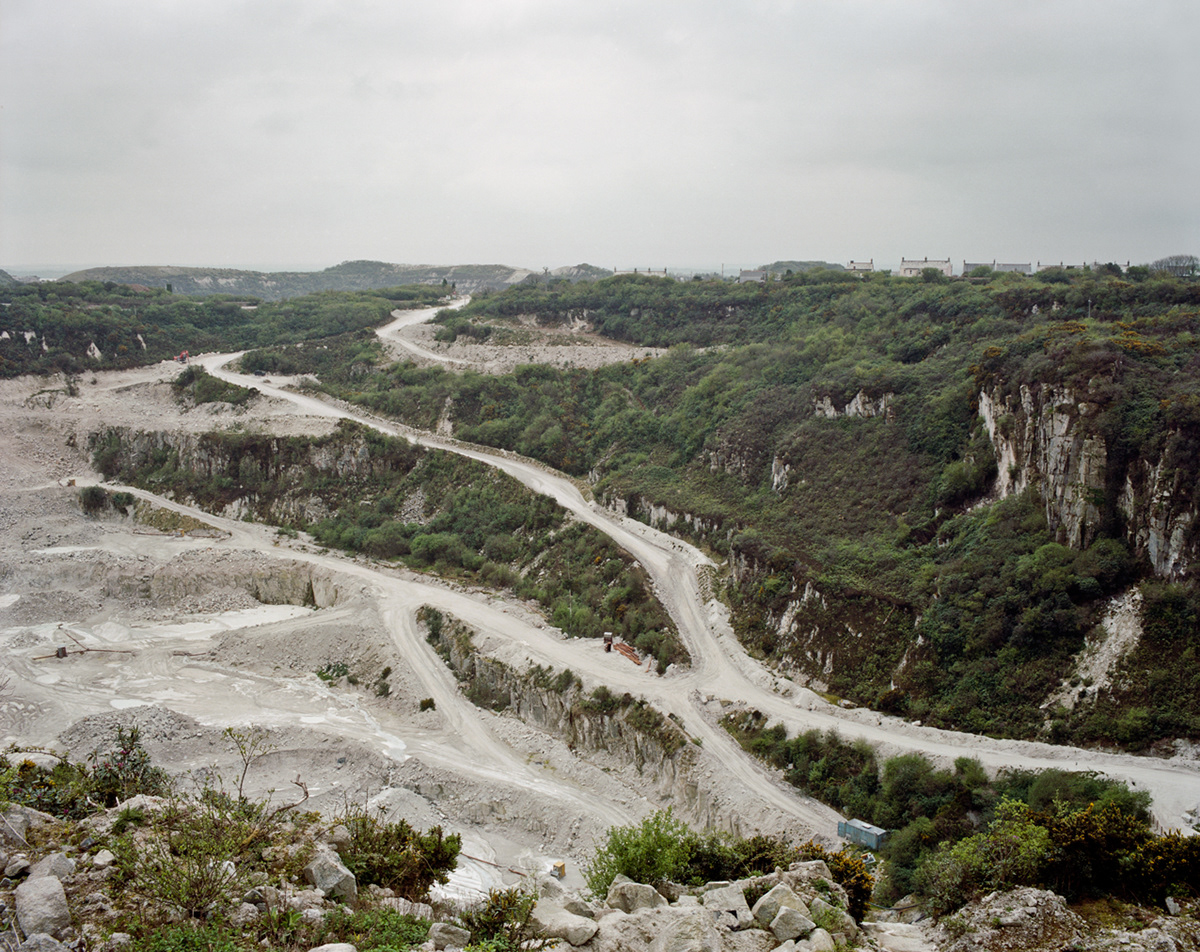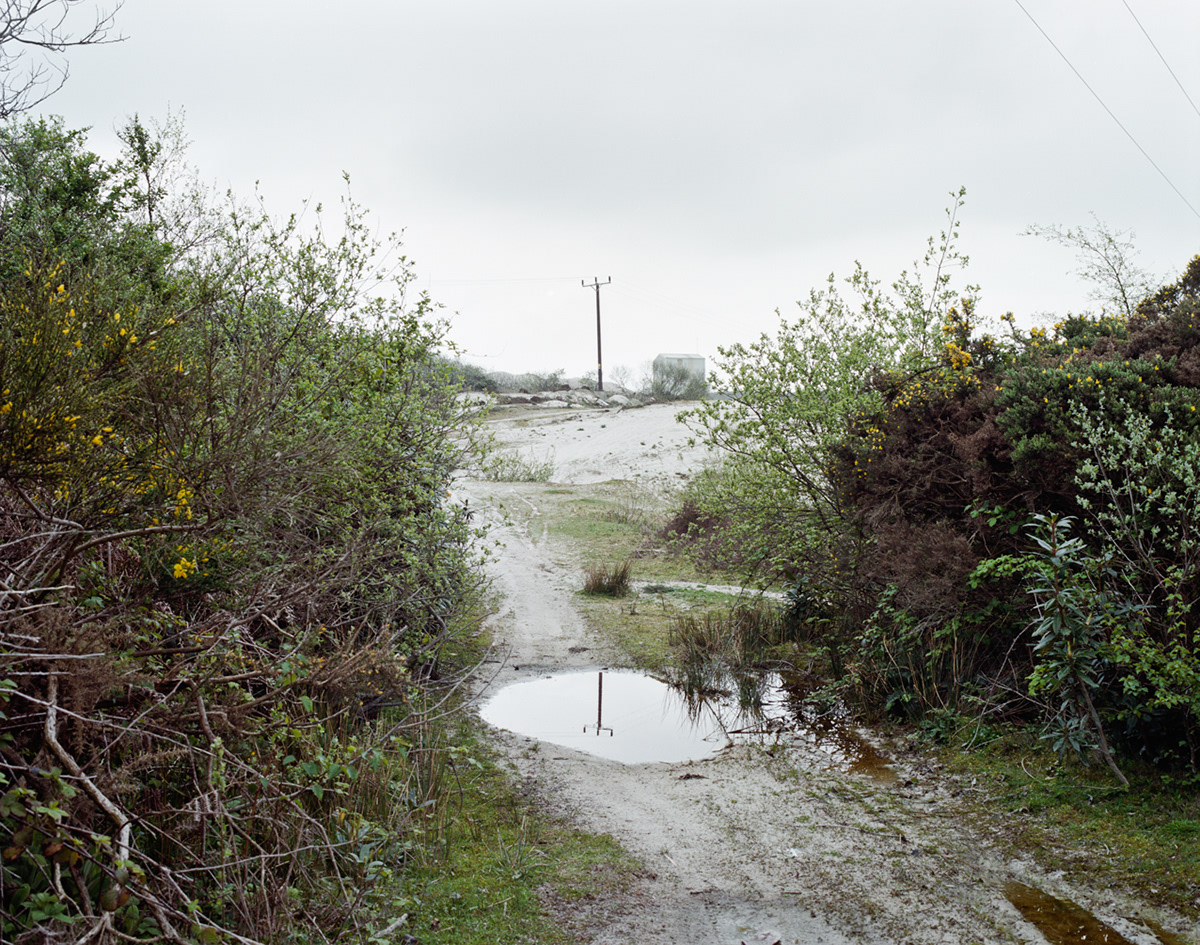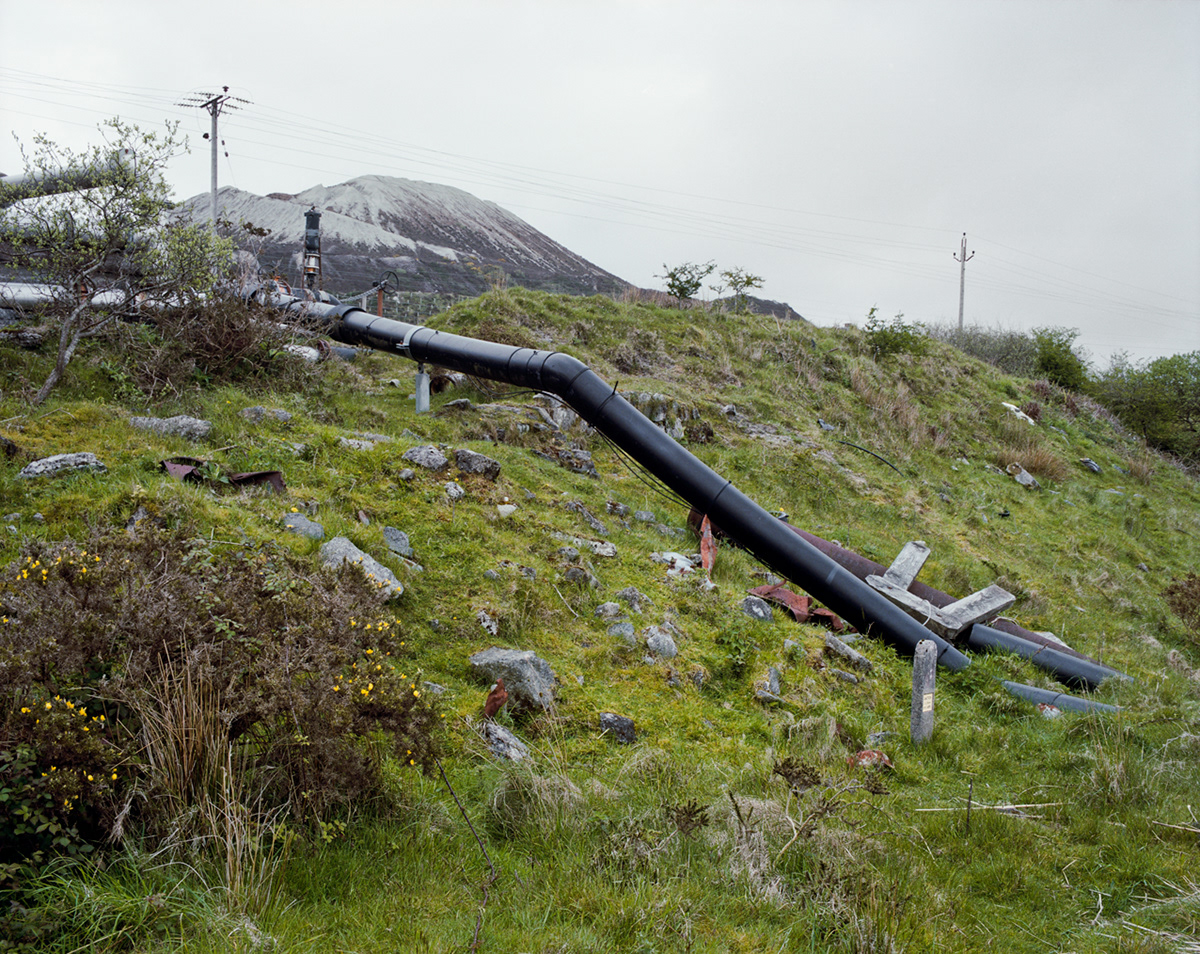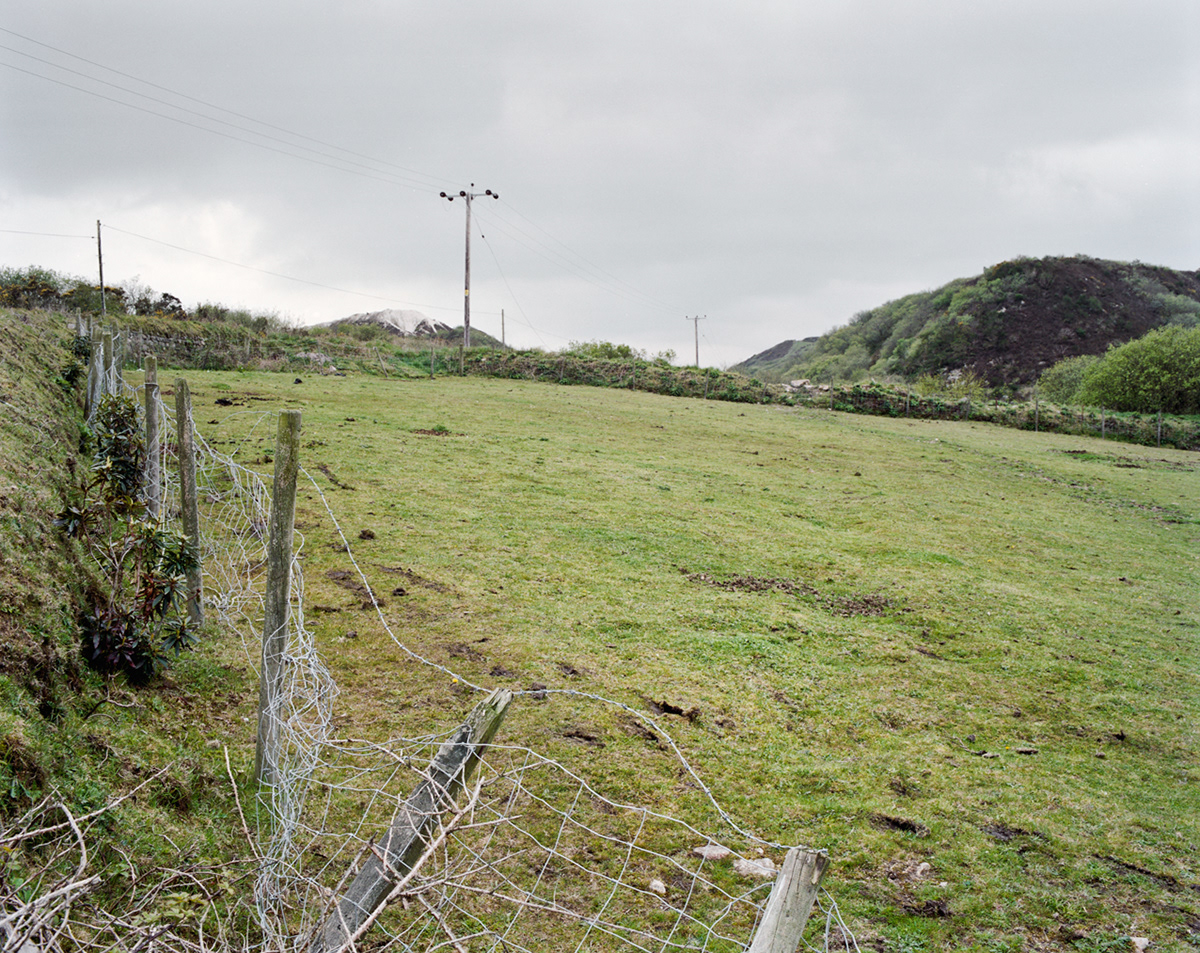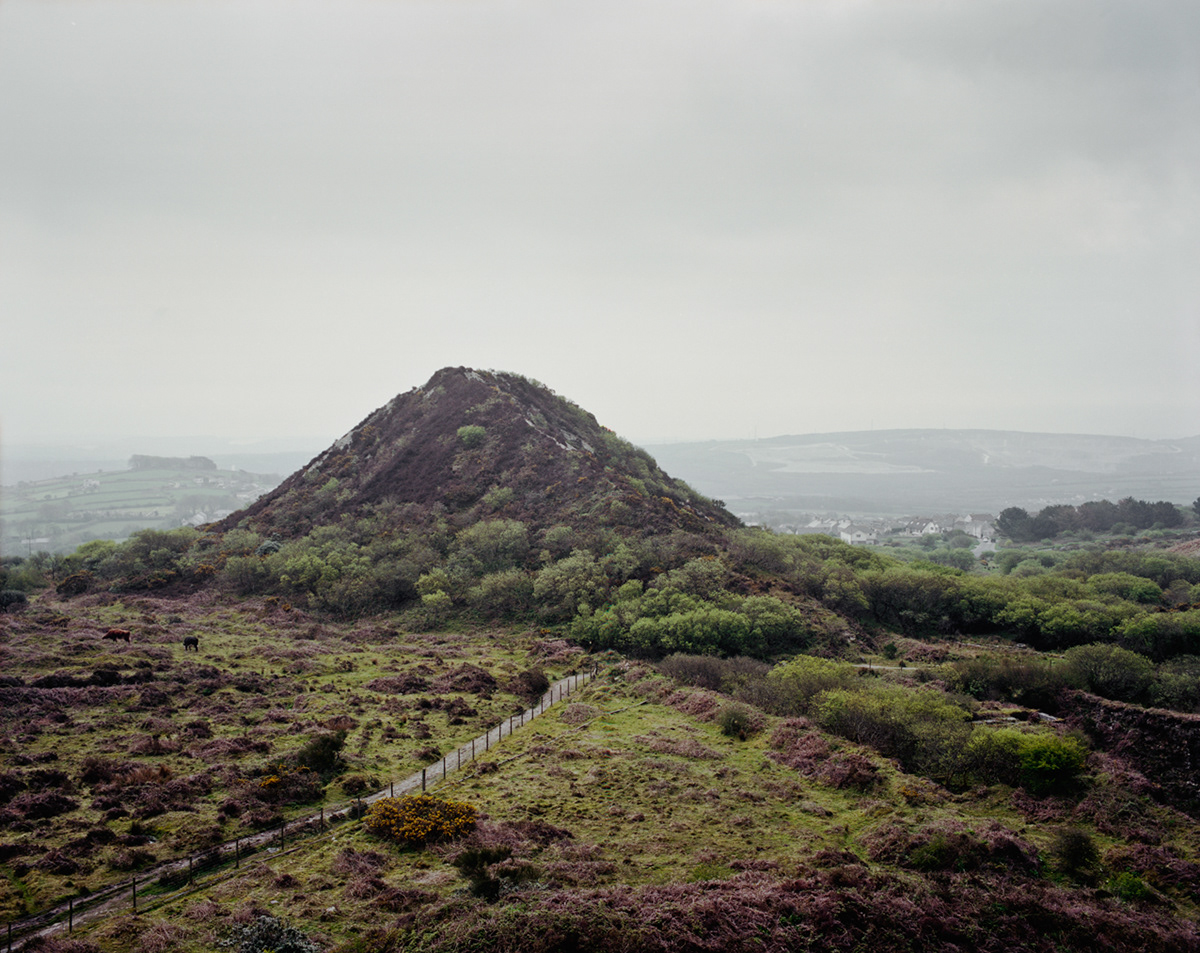Fragile Beast
The china clay miningindustry in Cornwall, England, is a shadow of its former self. Once producing around50% of the world’s supplies, the industry has been in decline for some time,with the workforce reduced by half in recent decades. Rising costs, and cheapersupplies from countries like Brazil have left many projects economicallyunviable. The environmental and social consequences are significant. And, despitethe hope of site re-development (like the Eden Project), the physical and emotionalscars remain. In recent years some spoil heaps have been re-generated, and somemining pits re-developed for recreational uses. However, many projects remainin limbo, awaiting a more favourable economic climate, or simply a formalretirement.
In my observations hereI’m interested in how the man-made features of the environment have become ametaphor for the emotional scars experienced by a once thriving community; openwounds exposed to the elements, slowly healing, with any chance of a quick recoverylong gone. Pyramid-like spoil heaps rise like shallow graves, with ‘nature’ tryingto re-claim the ascendency, crudely camouflaging these ‘Cornish Alps’. In someareas wooden stakes - supporting tree saplings - dot the landscape like woodencrosses in a military cemetery, a poignant reminder of the natural cycle oflife and death. When one considers thephysical and emotional scars that dominate this region, it’s easy to note theirony that china clay is the primary ingredient in porcelain: used to createbeautiful, decorative vases and ornaments. And yet, like the environment,theirs is also a fragile existence.
In my observations hereI’m interested in how the man-made features of the environment have become ametaphor for the emotional scars experienced by a once thriving community; openwounds exposed to the elements, slowly healing, with any chance of a quick recoverylong gone. Pyramid-like spoil heaps rise like shallow graves, with ‘nature’ tryingto re-claim the ascendency, crudely camouflaging these ‘Cornish Alps’. In someareas wooden stakes - supporting tree saplings - dot the landscape like woodencrosses in a military cemetery, a poignant reminder of the natural cycle oflife and death. When one considers thephysical and emotional scars that dominate this region, it’s easy to note theirony that china clay is the primary ingredient in porcelain: used to createbeautiful, decorative vases and ornaments. And yet, like the environment,theirs is also a fragile existence.
